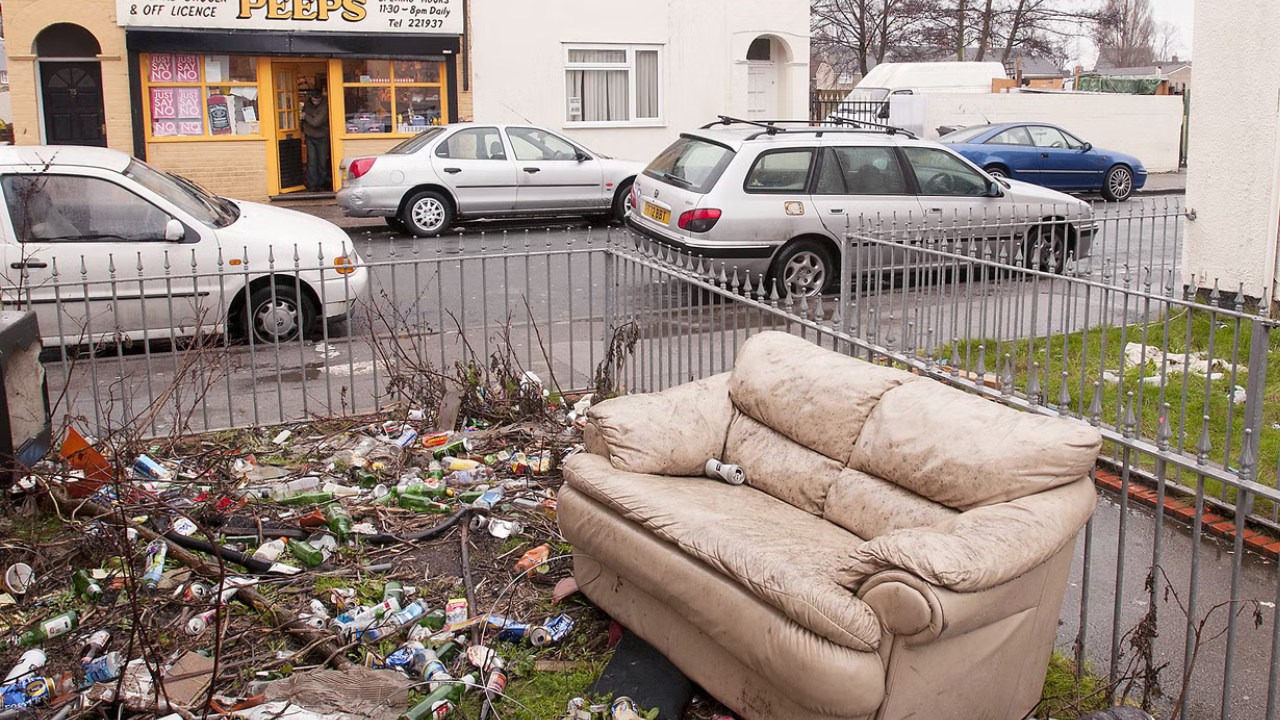In the 21st century, Britain still clings to its imperial past, projecting an image of global dominance. Yet, the harsh reality is that Britain is far from being the superpower it once was. With a shrinking population, economic struggles, and a drastically reduced military force, it’s time for Britons to confront the truth about their country’s position in the world and recalibrate their priorities accordingly.
A Military No Longer Fit for a Superpower
Britain’s military, once the backbone of its imperial might, is now a fraction of its former size. With just 80,000 active personnel in the British Army, the country is far from having the manpower or resources to project the kind of global power it imagines itself capable of.
- Budget Constraints: Decades of budget cuts have left the armed forces stretched thin. Equipment is outdated, and the capacity for sustained overseas operations has diminished significantly.
- Dependency on Allies: Britain now relies heavily on alliances like NATO and its “special relationship” with the United States to maintain any semblance of global influence. In reality, it functions as a junior partner rather than a dominant player.
Economic Decline and Rising Poverty
The myth of British greatness is increasingly at odds with the economic reality facing its citizens.
- Falling Living Standards: Inflation, stagnating wages, and soaring energy costs have left millions of Britons struggling to make ends meet. Food banks are now a lifeline for many families, and child poverty is at alarming levels.
- Post-Brexit Challenges: Britain’s decision to leave the European Union has exacerbated economic instability. Trade barriers, labor shortages, and a weakened currency have all contributed to declining economic performance.
- Austerity’s Long Shadow: Years of austerity policies have gutted public services, leaving healthcare, education, and social welfare systems in disarray. This decline in public infrastructure is hardly indicative of a superpower.
A Shrinking Population
Britain’s population dynamics also undermine its claims to global relevance. With birth rates at historic lows, Britain faces a demographic crisis. A shrinking workforce and an aging population will place even greater strain on the economy and public services.
Despite its dependence on immigration to sustain the economy, Britain’s restrictive immigration policies and xenophobic rhetoric have alienated potential contributors to its society and economy.
The Superpower Delusion
Britain’s insistence on acting like a superpower is not only outdated but also counterproductive. While Britain retains a permanent seat on the UN Security Council and nuclear capabilities, its influence in global affairs has been steadily declining. Major powers like the US, China, and the EU increasingly set the global agenda, leaving Britain to play catch-up.
Many Britons still romanticize the empire, failing to recognize that the world has moved on. This nostalgia blinds the nation to its current challenges and prevents it from forging a realistic path forward.
What Britain Should Focus On
Instead of posturing as a global power, Britain should prioritize rebuilding its economy, addressing poverty, and investing in infrastructure and innovation.
A more collaborative and less imperialistic approach to international relations would better reflect Britain’s actual capabilities and foster goodwill globally.
Tackling wealth disparity and improving access to education and healthcare should be at the forefront of Britain’s agenda. This would not only improve the quality of life for its citizens but also strengthen its economy.
Britain should aim to be a responsible, mid-sized power that prioritizes cooperation, sustainability, and regional leadership rather than clinging to outdated notions of dominance.
Britain’s insistence on behaving like a superpower is increasingly out of step with reality. With a shrinking military, a struggling economy, and a declining population, the country must face the truth about its place in the world. Instead of chasing an imperial illusion, Britain should focus on building a fairer, more resilient society at home and embracing a more cooperative role on the global stage. Only by letting go of its superpower delusions can Britain secure a future that benefits its citizens and contributes meaningfully to the world.

